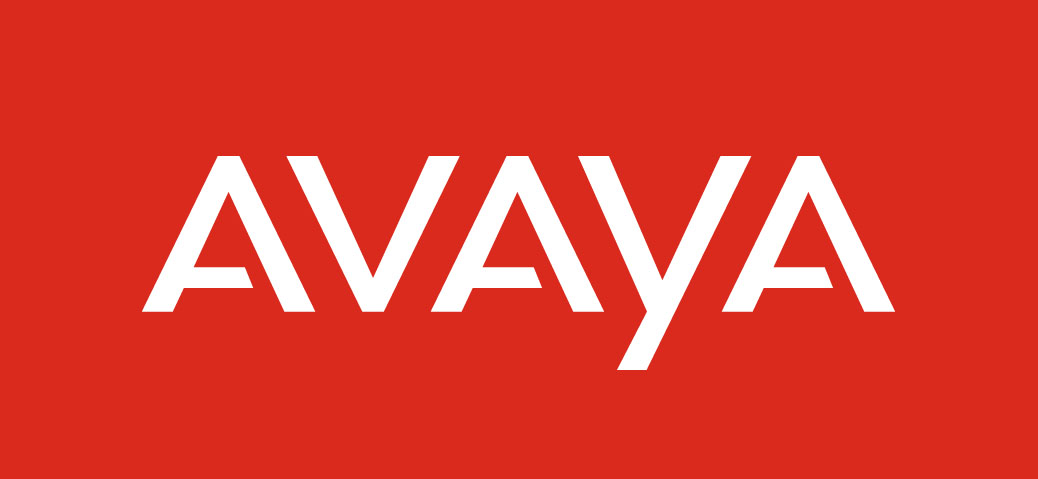Avaya announced its new (and current) CEO, Alan Masarek, back in August 2022. Masarek arrived at Avaya soon after the company announced serious financial shortfalls. Upon his arrival he immediately implemented a tactical, five-step plan to steady Avaya. He sought to clarify the (1) product strategy, (2) organizational structure, (3) strengthen the culture, (4) reduce costs, and (5) address the balance sheet. Though technically ongoing, those steps consumed the bulk of a year to complete.
The company exited Chapter 11 in May 2023, just weeks before its annual user conference, Avaya Engage, in June. At Engage, the company reassured its customers that Avaya had been righted and growth would soon resume. It wasn’t until after Engage that Masarek began to fill executive-level positions at Avaya. In the year between Masarek becoming CEO and the Engage event, there were some resignations, terminations, and reshuffling, but hiring had waited. Now, Masarek’s hiring phase appears to be mostly complete.
The new executive team gives Masarek seven direct reports. Two worked with Masarek at Vonage, one came from the Board of Directors, one was an internal promotion, and two were new hires with no prior work history with Masarek. Only one carries over from the prior executive team.
When Masarek arrived at Vonage (he was CEO there from 2014-2020), the company was just starting its transition from consumer to business services. It was acquiring mostly Broadsoft-based providers to build its initial base of business customers. Under Masarek, Vonage transitioned its revenue from mostly consumers to predominately businesses and created its own technology stack through internal development and acquisitions.
Omar Javaid and Josh Mueller worked with Masarek at Vonage. Javaid is the Chief Product Officer at Avaya. He held the same role at Vonage and played a central role in its product strategy and many of its acquisitions. Between Vonage and Avaya, Javaid held an SVP role at Qualcomm. Mueller is Avaya’s CMO and GM of Hardware. That’s an unusual combination, but Mueller has experience in both areas. At Vonage, Mueller was the Chief Digital Officer. Prior to joining Avaya, he held a similar role at NI (National Instruments).
This trio (Javaid, Masarek, Mueller) is significant for two reasons. First, all three have worked together before. Second, what they did together was transform a consumer dial tone provider into a SaaS business communications provider.
Marylou “ML” Maco is the Chief Revenue and Customer Experience Officer, Maco has extensive experience in leading enterprise software, cloud services, and network computing sales and services organizations. She is responsible for all revenue at Avaya. Maco was previously EVP Worldwide Sales and Field Operations at Genesys and held leadership roles at Cisco, Oracle, HPE, and Anaplan. Maco retains her Director role on the Avaya Board.
Masarek elevated human resources at Avaya. Anna Crowley was leading HR and now holds the title of Chief Human Resources Officer. She is responsible for leading the ongoing journey of Masarek's strategy to turn Avaya into a destination place to work, in addition to strategic HR planning, talent recruitment, employee engagement and development, and DEIB (diversity, equity, inclusion, and belonging).
Soren Abildgaard was named as Chief Technology Officer (CTO). Abildgaard will lead Avaya’s efforts to refine its technology vision, strategy, and investments. He brings to Avaya technical leadership experience and SaaS development from Zendesk, Contentful, and Adobe.
During the financial crisis last year, Avaya retained an interim CFO with restructuring expertise. Upon emergence from its financial restructuring earlier this year, Masarek hired Amy O’Keefe as the company’s new CFO. O’Keefe was the first new executive hire and brought critical experience in managing growth and profitability. She has served in a series of CFO positions over her career, most recently a two-year tenure as CFO of WW (formerly Weight Watchers).
Shefali Shah is the sole survivor of Avaya’s previous leadership team. Shah continues her role as EVP Chief Administrative Officer and General Counsel, and is also responsible for strategic initiatives. Shah joined Avaya in 2017. Previously she worked as SVP, general counsel, and corporate secretary at Era Group, one of the largest helicopter operators in the world.
Masarek built this leadership team to implement Avaya’s Innovation Without Disruption strategy. The vision centers around the Avaya Experience Platform (AXP). The Azure-based service is designed to supplement its installed base with cloud-delivered services. AXP was launched in 2019 and provides a variety of contact center-related features, including AI capabilities and digital channels.
New leaders often bring prior relationships with them. Many of the recent additions, including Jay Patel (Product Management), Mark Fellowes (Sales Operations), Matt Krokosz (Engineering), and Gil Osher (Engineering), previously worked at Vonage. Some familiar faces remain, including Tim Sherwood (GVP of Alliances) and David Austin (SVP of Transformation). Ahmed Helmy continues as GVP of AXP.
Many of the leaders from Avaya International were promoted to global roles. Nidal Abou-Ltaif is responsible for global product sales; Emir Susic leads Customer Experience Services (formerly APS); and Roberto Schmidl leads Global Renewals and Customer Success — all three report to Maco.
The recurring theme in these organizational changes is that Masarek is getting the band back together. This is a strong leadership team, many of whom share some history. However, it’s clear, too, that Masarek is not attempting to recreate Vonage. Avaya’s situation and transformational needs are very different. New hires, retention, and promotions are also in the mix.
. Meanwhile, Avaya still has a large, global customer base, and demand for solutions to improve the customer experience is largely expected to grow. Its finances and debt could also accommodate some acquisitions.
The company that many had written off (twice) now has a lot of experience in cloud communications, engineering, acquisitions, marketing, and sales. Now is the time for Avaya to focus on product roadmap and innovation. The company has some catching-up to do, and has to demonstrate that it can, once again, create and deliver exciting innovations and upgrades.
Dave Michels is a contributing editor and Analyst at TalkingPointz.










